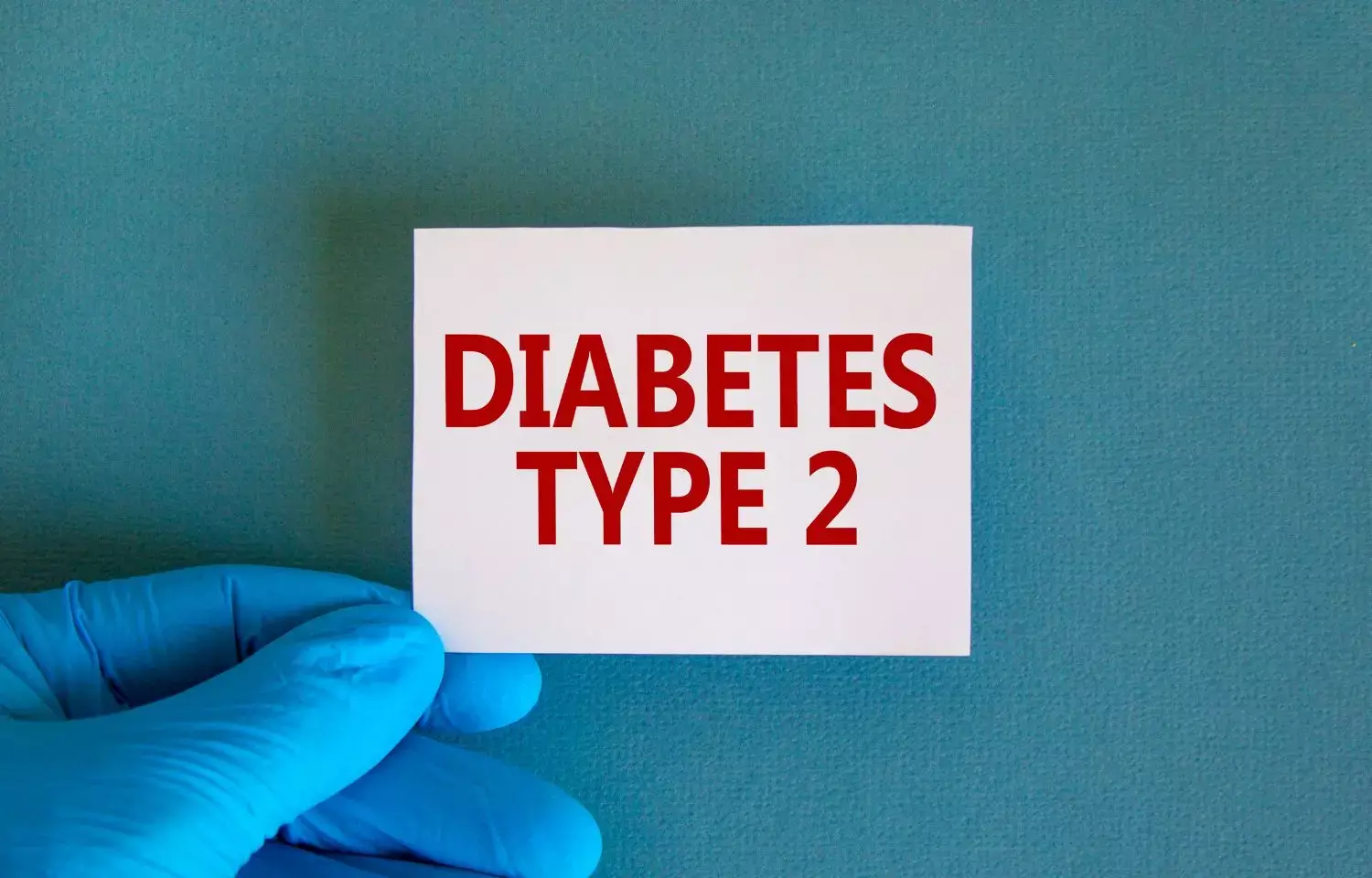- Home
- Medical news & Guidelines
- Anesthesiology
- Cardiology and CTVS
- Critical Care
- Dentistry
- Dermatology
- Diabetes and Endocrinology
- ENT
- Gastroenterology
- Medicine
- Nephrology
- Neurology
- Obstretics-Gynaecology
- Oncology
- Ophthalmology
- Orthopaedics
- Pediatrics-Neonatology
- Psychiatry
- Pulmonology
- Radiology
- Surgery
- Urology
- Laboratory Medicine
- Diet
- Nursing
- Paramedical
- Physiotherapy
- Health news
- Fact Check
- Bone Health Fact Check
- Brain Health Fact Check
- Cancer Related Fact Check
- Child Care Fact Check
- Dental and oral health fact check
- Diabetes and metabolic health fact check
- Diet and Nutrition Fact Check
- Eye and ENT Care Fact Check
- Fitness fact check
- Gut health fact check
- Heart health fact check
- Kidney health fact check
- Medical education fact check
- Men's health fact check
- Respiratory fact check
- Skin and hair care fact check
- Vaccine and Immunization fact check
- Women's health fact check
- AYUSH
- State News
- Andaman and Nicobar Islands
- Andhra Pradesh
- Arunachal Pradesh
- Assam
- Bihar
- Chandigarh
- Chattisgarh
- Dadra and Nagar Haveli
- Daman and Diu
- Delhi
- Goa
- Gujarat
- Haryana
- Himachal Pradesh
- Jammu & Kashmir
- Jharkhand
- Karnataka
- Kerala
- Ladakh
- Lakshadweep
- Madhya Pradesh
- Maharashtra
- Manipur
- Meghalaya
- Mizoram
- Nagaland
- Odisha
- Puducherry
- Punjab
- Rajasthan
- Sikkim
- Tamil Nadu
- Telangana
- Tripura
- Uttar Pradesh
- Uttrakhand
- West Bengal
- Medical Education
- Industry
Ultra rapid lispro in basal-bolus regimen bests lispro for PPG control in type 2 diabetes

Ultra rapid lispro (URLi) is a novel formulation of insulin lispro designed to more closely match the physiological insulin response to a meal, with the aim of improving postprandial glucose (PPG) control.
Ultra rapid lispro is better than lispro for postprandial blood sugar control when combined with insulin glargine/degludec in type 2 diabetes: a prospective, randomized, double-blind, phase 3 trial led by Prof. Weiping Jia (Department of Endocrinology and Metabolism, Shanghai Jiao Tong University School of Medicine Affiliated Sixth People's Hospital).
Despite the range of available antihyperglycemic therapies, 57%-68% of Chinese patients with T2D fail to attain glycated hemoglobin A1c (HbA1c) target levels of <7.0%. Since PPG levels have better predictive value for cardiovascular disease risk and all-cause mortality compared with FPG levels, and 2-h PPG levels have a stronger correlation with cardiovascular events than HbA1c levels, the importance of targeting PPG has been recognized in recent guidance on insulin therapy.
However, the action of many bolus insulins is not sufficiently rapid to match carbohydrate absorption, limiting their efficacy and dosing flexibility. Ultra rapid lispro (URLi) is a novel formulation of insulin lispro designed to more closely match the physiological insulin response to a meal, with the aim of improving postprandial glucose (PPG) control.
This study was a multinational, multicenter, randomized, double-blind, treat-to-target, 26-week, phase 3 trial to evaluate the efficacy and safety of URLi in adults with type 2 diabetes (T2D).
Patients were recruited across 41 sites in China, Argentina, and Mexico. A total of 595 eligible participants were randomized and 481 patients (80.8%) were Asian (Chinese). After an 8-week lead-in period during which basal insulin glargine or degludec was optimized, adults with T2D were randomized (2:1) to prandial URLi (n = 395) or lispro (n = 200). The primary endpoint was non-inferiority of URLi versus lispro in glycated haemoglobin A1c (HbA1c) change from baseline to week 26.
Multiplicity-adjusted analyses were performed to assess the superiority of URLi in 1- and 2-h PPG excursions during a mixed-meal tolerance test (MMTT) and HbA1c change at week 26.
URLi showed non-inferiority for HbA1c change at week 26 versus lispro (least-squares mean [LSM] difference, 0.07%; 95% confidence interval: -0.07, 0.21). HbA1c was reduced by 0.56% and 0.63% with URLi and lispro, respectively, with no significant treatment difference (P = 0.321).
URLi provided superior PPG excursion control versus lispro at 1 h (LSM difference: -14.6 mg/dL, P <0.001) and 2 h (LSM difference: −21.8 mg/dL, P <0.001) as well as other time points (30‒240 min) during the MMTT. Incremental area under the glucose curve during the MMTT was also significantly lower with URLi versus lispro. The safety profiles were generally similar between treatment groups.
In conclusion, URLi in a basal-bolus regimen demonstrated superior control of PPG and non-inferior HbA1c reduction compared with insulin lispro, with a comparable safety profile, in adult patients with T2D.
Reference:
Jian Zhou, Si Chen, Jie Cheng, Jiankun Zhu, Ying Lou, Yuqian Bao, Weiping Jia,Ultra rapid lispro improves postprandial glucose control versus lispro in combination with insulin glargine/degludec in adults with type 2 diabetes: a prospective, randomized, double-blind, phase 3 trial, Science Bulletin, 2022, ISSN 2095-9273, https://doi.org/10.1016/j.scib.2022.08.002.
Dr Kamal Kant Kohli-MBBS, DTCD- a chest specialist with more than 30 years of practice and a flair for writing clinical articles, Dr Kamal Kant Kohli joined Medical Dialogues as a Chief Editor of Medical News. Besides writing articles, as an editor, he proofreads and verifies all the medical content published on Medical Dialogues including those coming from journals, studies,medical conferences,guidelines etc. Email: drkohli@medicaldialogues.in. Contact no. 011-43720751


